In this third and final article in a series on philosophy and science, we look at how modern science shows the validity of dialectical processes and how this can help guide science.
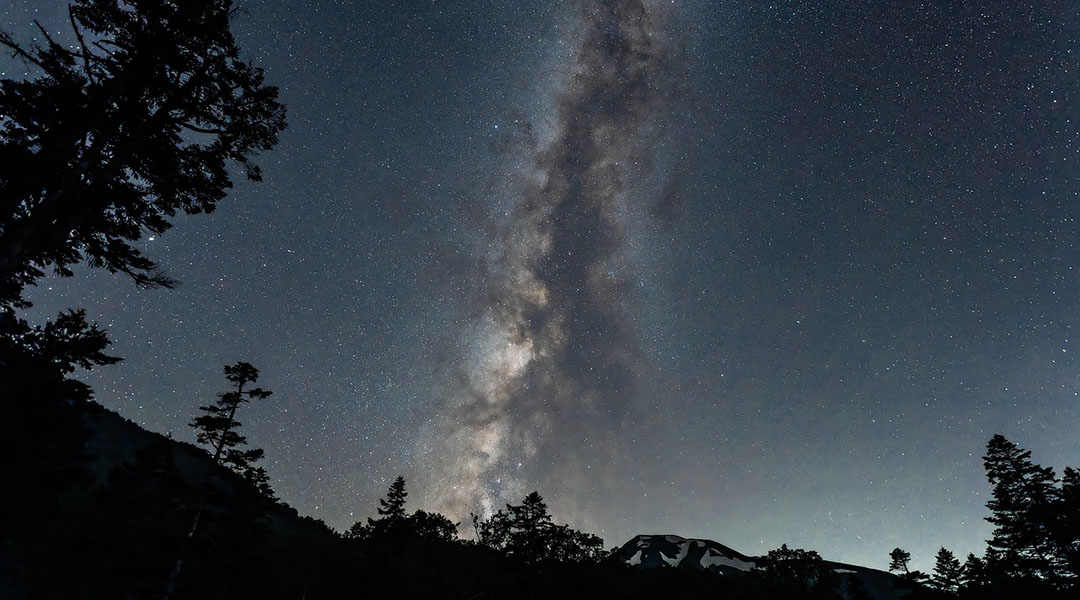

In this third and final article in a series on philosophy and science, we look at how modern science shows the validity of dialectical processes and how this can help guide science.
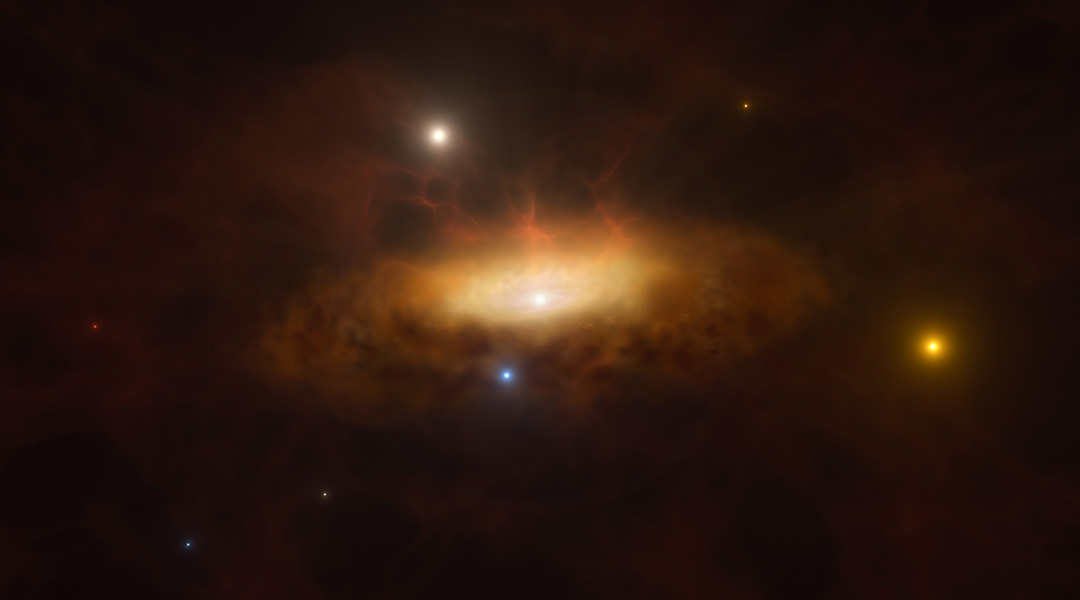
Imagine observing a distant galaxy for years when suddenly its core begins exhibiting unprecedented changes.

Global warming caused by human action has continued to increase, even though climate action has slowed the rise in greenhouse gas emissions.

Enzymes embedded into a plastic strip enable the rapid, naked eye-detection of incompletely healed tissue following abdominal surgery.

Scientists are approaching disease and diagnosis in a new way, leverage big data to provide better options for both clinicians and patients.
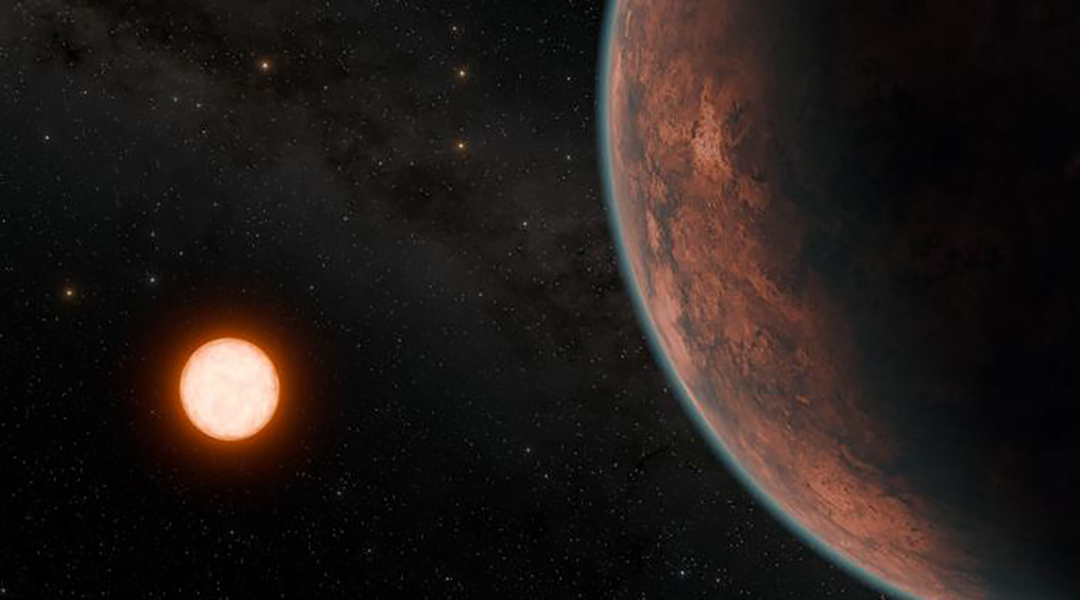
Orbiting a cool, red dwarf star, Gliese 12 b offers insight into atmosphere retention near stars, sparking new questions about habitability.
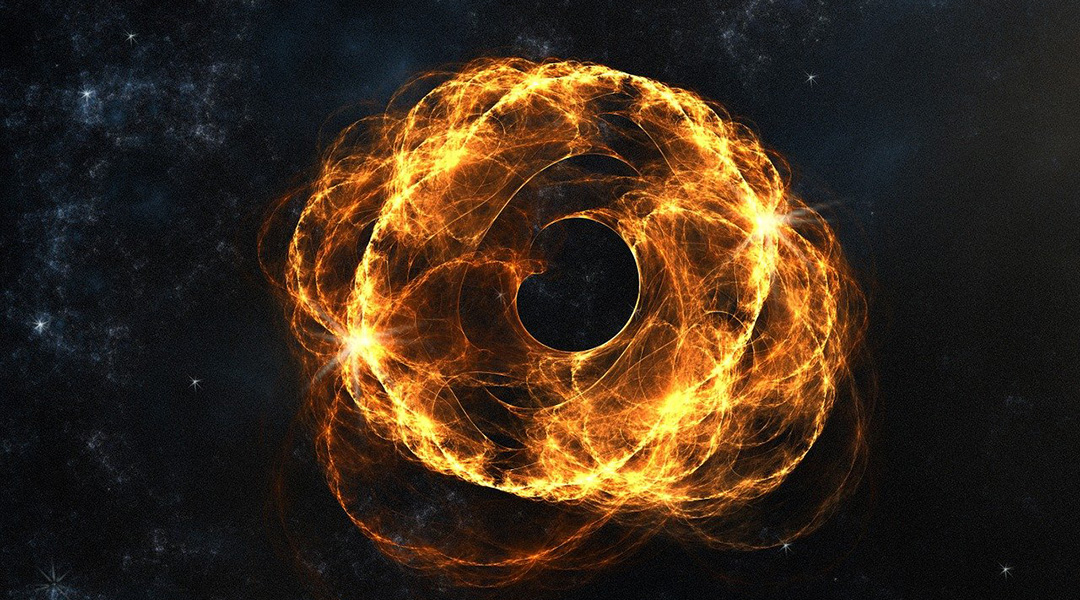
During the tumultuous mergers of black holes, smaller black holes called morsels could produce detectable Hawking radiation.
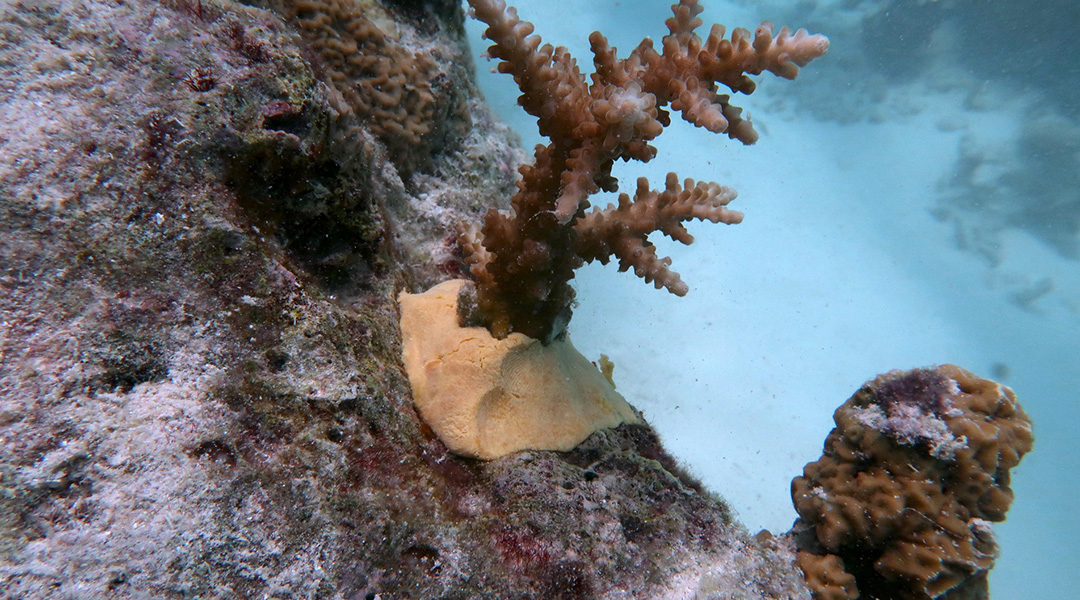
This ocean-safe putty was designed to help seed new coral reefs, offering a much-needed replacement for hardware store products.
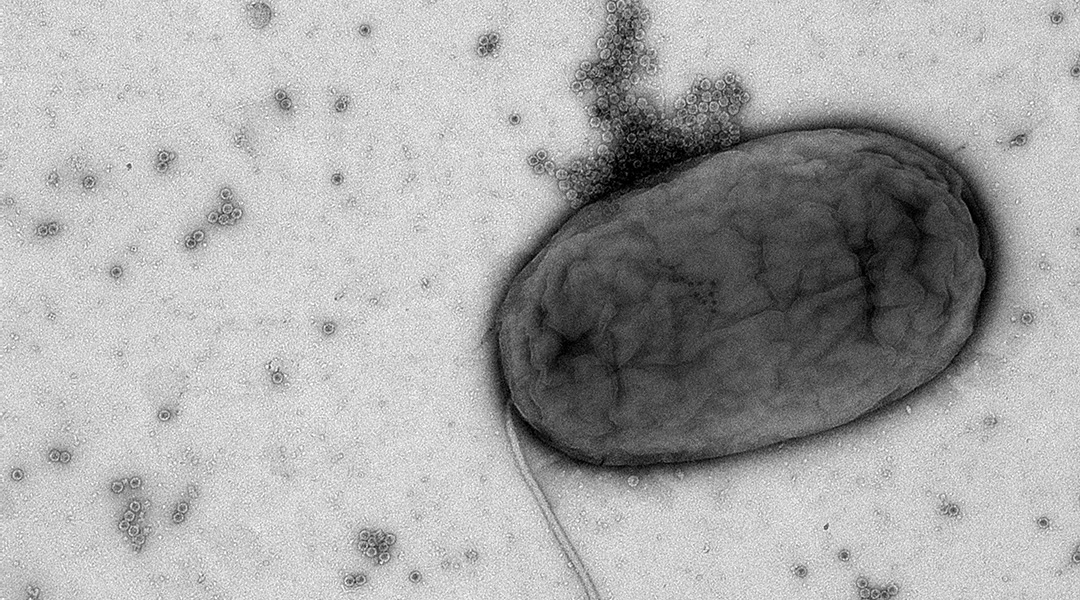
Harnessing bacteriophages’ natural prowess, scientists crafted an antibacterial material for use in medicine and the food industry.
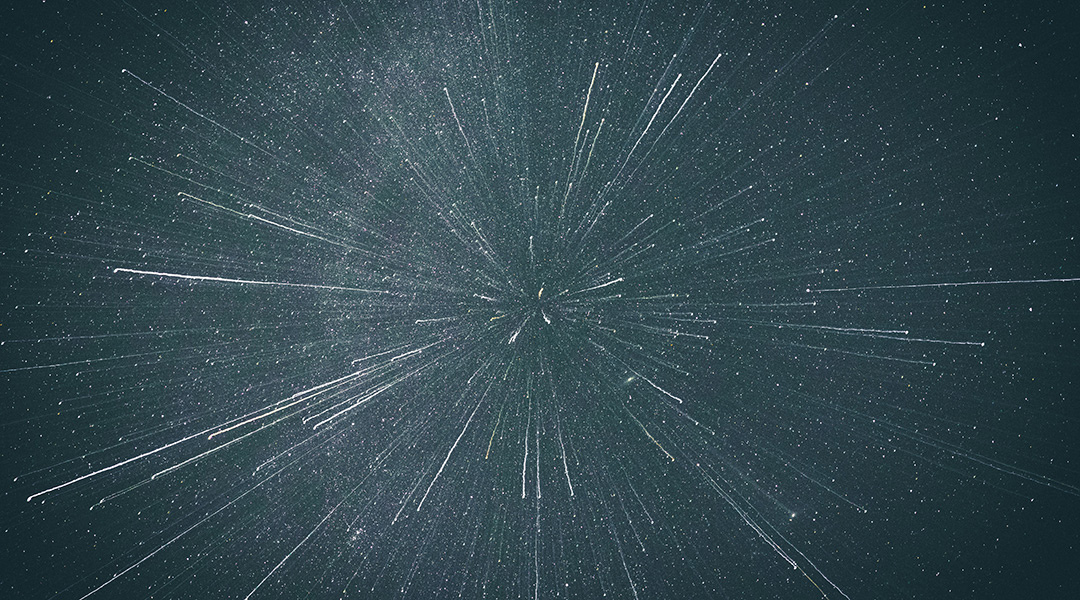
By adding primordial magnetic fields to the Standard Model, researchers may solve the mystery of the Universe’s expansion.